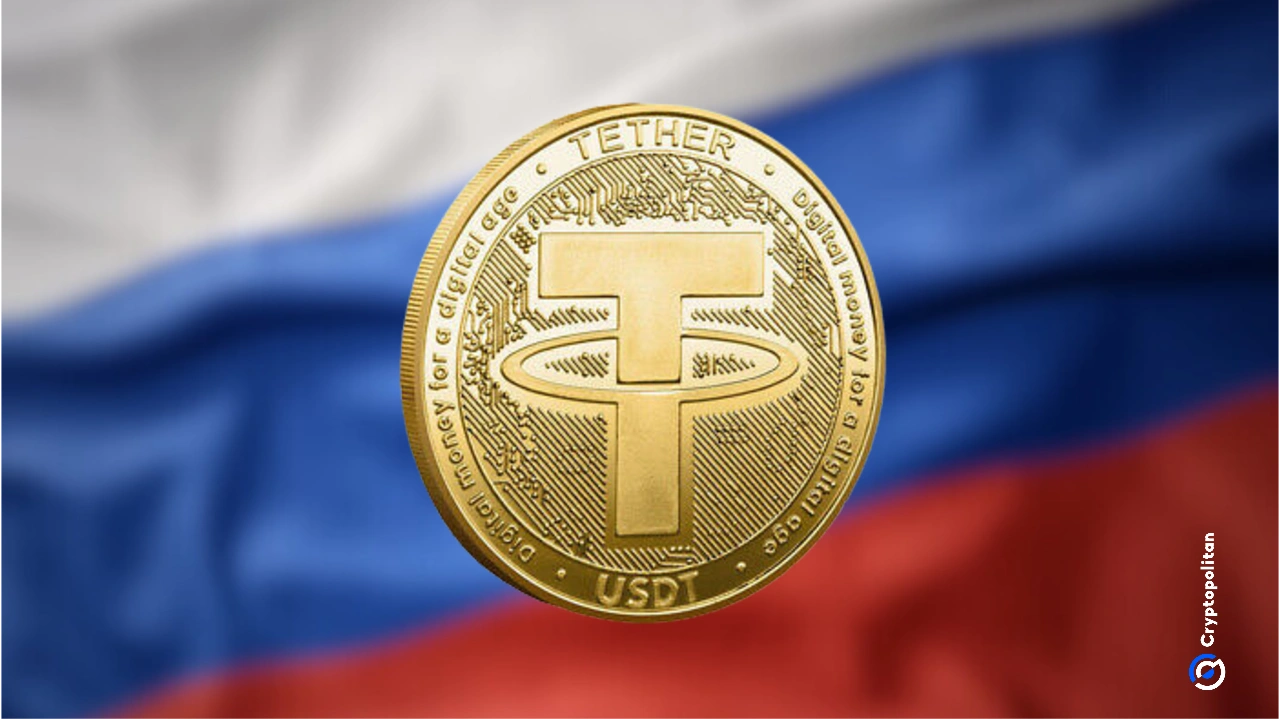Russia is considering the development of its own stablecoins following a recent action by Tether to block wallets linked to Russian exchanges.
Notably, the issuer of the widely used USDT stablecoin recently blocked wallets tied to Russian exchanges. This action occurred against the backdrop of ongoing Western sanctions. As a result, Russian officials are considering alternatives for conducting international transactions.
Russia to Create Its Own Stablecoins
A senior official from Russia’s Finance Ministry, Osman Kabaloev, has stated that the country is now looking into the creation of stablecoins that could be pegged to foreign currencies other than the US dollar.
Kabaloev noted that the recent block on USDT wallets has led to serious reconsiderations about developing local digital assets, possibly based on currencies like the euro or others not directly impacted by sanctions.
This shift in approach comes after a significant move by Tether, which froze over $30 million worth of USDT held on the Garantex exchange.
The suspension occurred in March after the European Union imposed sanctions on the exchange due to its connections with Russian financial institutions that are also sanctioned. The ban on Garantex’s digital wallets disrupted the exchange’s operations, including halting crypto withdrawals.
Crypto’s Growing Role in Russia
Notably, Russian businesses have increasingly turned to digital assets for cross-border trade despite domestic opposition to crypto. Russia has allowed limited use of digital currencies in international transactions, with some companies testing crypto payments. This trend has accelerated as Western sanctions have made traditional payment methods more difficult.
One notable development is using cryptocurrencies in Russia’s oil trade with China and India. Reports suggest that Russian oil companies are leveraging crypto, including Bitcoin and Ethereum, as part of a strategy to convert Chinese yuan and Indian rupees into Russian rubles.
This new payment method, although still small, is part of Russia’s broader strategy to avoid reliance on Western financial systems. Russia’s oil exports, valued at $192 billion in 2024, could see further integration of crypto as part of a wider push to bypass financial restrictions.
















No comments yet